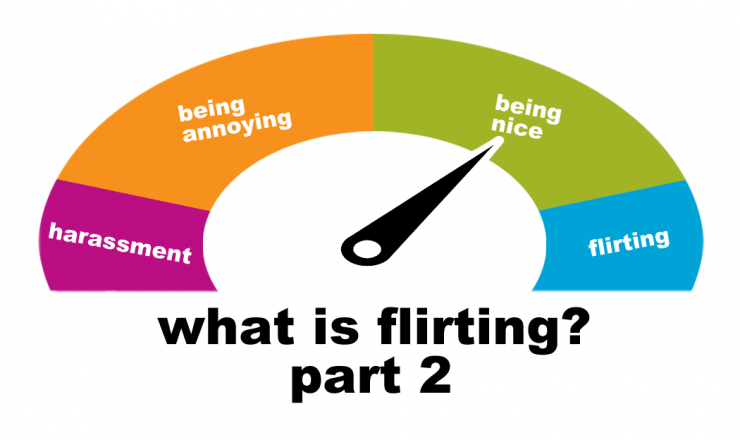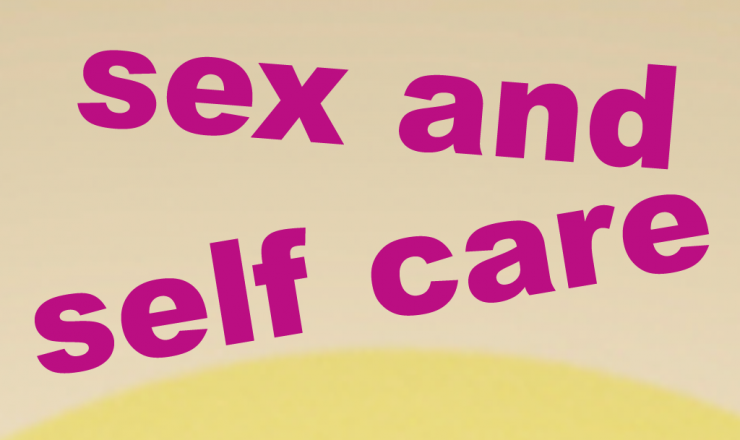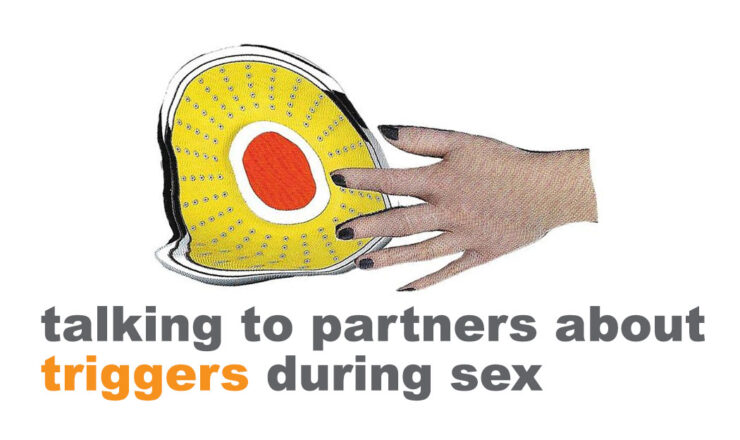

This is a question we get all the time! Teens can experience all kinds of different outcomes if their parents find out about their sex life, everything from an awkward conversation to genuine concerns about personal safety (like getting kicked out of the house, being forced onto birth control, etc). No matter what your reason is for wanting to keep it private, we believe that you should be in control of who finds out about your personal health information, even your parents.
And the government largely agrees! They say that a health care provider can only share a client’s personal health information:
A “substitute decision-maker” would be your parent or legal guardian. If you’re under 16, then they have implied consent (which can be revoked) to view or share your personal health info. If you’re over 16, then only you can decide who views or shares your personal health info.
That said, even though health care providers shouldn’t tell anyone (including parents/guardians) about your personal medical information, it can happen that clinicians may share information (like some emergencies).
| ****Express Consent vs Implied Consent**** |
|
In Ontario, any clinic you visit keeps your records on file for:
If you were under 18 at your last visit, clinic records are kept for 10 years and mental health records are kept for 7 years after your 18th birthday.
Generally, no one outside a clinic, including a relative or friend, can see your medical records without your permission. Health care providers require you to sign a Consent to Release Information form before they can disclose your personal health information to anyone outside your circle of care.
Having and using an Ontario Health Card allows a clinic to bill the government for providing you health care. While they don’t keep track of any diagnoses you receive, the Ministry of Health and Long-Term Care maintains a record for up to 7 years of your OHIP claims submitted by and paid to health care providers. So, yes, somewhere there is a centralized record of everything you’ve used your Health Card for in the past 7 years.
If you are 16 or older, you would need to make an Individual Personal Health Information (PHI) Access Requests to see the records. Anyone making this kind of request on your behalf would need your permission. If a person is under 16 years old, there is a chance that a parent/guardian could make an Individual PHI Access Requests. However, there are two things to consider:
1) OHIP uses a special coding system to label and track all procedures and treatments that a person uses their health card to get. This coding system is called the Schedule of Benefits and Fees. As OHIP says on their website, “This information requires knowledgeable interpretation and is intended primarily for members of the professional health care community.” So unless your parents are clinicians, it is not likely that they would easily be able to understand the information in the record.
2) Even though it’s through implied consent that it’s possible for parents/guardians to access your medical records or make medical decisions on your behalf if you’re under 16, it doesn’t mean that they can always do that. Ontario’s Personal Health Information Protection Act states:
If the individual is a child who is less than 16 years of age and who is capable of consenting to the collection, use or disclosure of the information and if there is a person who is entitled to act as the substitute decision-maker of the child under paragraph 2 of subsection (1), a decision of the child to give, withhold or withdraw the consent or to provide the information prevails over a conflicting decision of that person.
This means that if a client is under 16 but a clinician trusts they are able to consent to treatment (and therefore are able to consent to the collecting/sharing of their medical information), then it’s the client’s choice if they want to revoke their parents’ access to their records.
So, to sum it up for the question at the top of this post:
Since you’re 16, your parent can’t see your medical records without your consent. It would be potentially illegal/unethical for a clinic to share any info with your parents, including telling them that you went for STI or birth control stuff. Ideally this info is kept between you and the clinic.
If you are able to, it might help to talk to your parents about your privacy expectations. You can also reach out to community workers or health care professionals to help you navigate managing your medical information.
For official/legal information from the government:
For Planned Parenthood Toronto’s policies, check out their Youth and Healthcare Rights pamphlet [Link].
If you have questions about this topic, feel free to contact one of our peer educators. [Link]
Last Updated: March 2021

In this series we’re going over how people might want to think about interacting with a crush. Our first post covers ways we can understand and define flirting, this post goes over what isn’t flirting, and our next post shares some ways people can try to flirt with their crushes. Let’s go!

It’s International Self-Care Day! We hope you got yourself something special to celebrate the occasion (and yourself)! Self-care is a really big topic on its own, so we want to focus in on how you can incorporate self-care into your sex life.

Communicating triggers can be a great way of letting your partners know what your boundaries are, in order to help make sex a more pleasurable experience for everyone. But how do you do that?